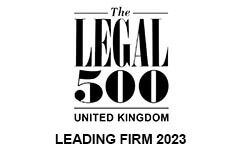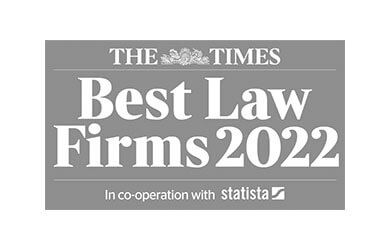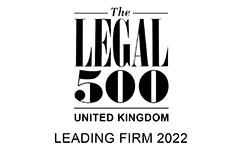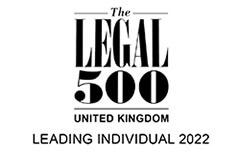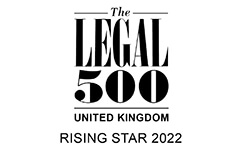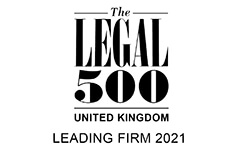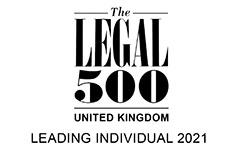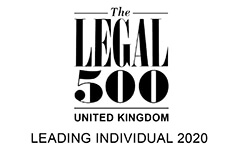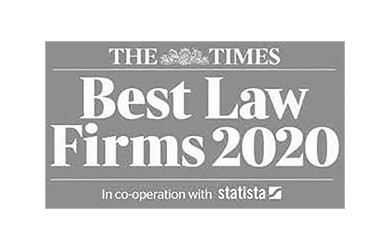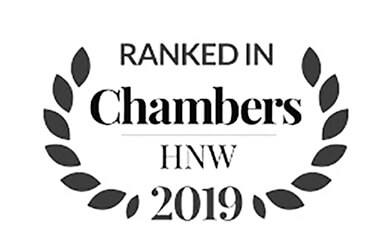R v Kweku Adoboli – Fraudulent Trading
Mr Adoboli, is a high profile client, and a former trader at UBS Bank who was charged with false accounting and fraud by Abuse of Position in relation to an alleged US$2.3 billion trading loss. It is alleged that Mr Adoboli conducted either unauthorised trades or fictitious trades purporting to be made on behalf of third parties rather than UBS. Mr Adoboli was employed from July 2002 by UBS and (after being promoted in December 2005) became a successful trader for the bank. Mr Adoboli selected Bark&co after the client sacked his previous advisers. The firm prepared for trial on a very tight timeframe and following disclosure of huge amounts of unused prosecution material close to trial. Prior to trial the firm successfully applied to have the client released from custody on bail.
He was convicted of two counts of fraud and acquitted on four counts of false accounting.
Bark & Co first took over Kweku’s instruction when he was remanded to HMP Wandsworth in December 2011. Having secured Mr Adoboli’s release on bail, the firm, with the able assistance of Paul Garlick QC and Charlie Sherrard QC both of Furnival Chambers, thoroughly prepared a case for trial on a tight deadline and with a substantial amount of material disclosed by UBS and the Crown close to trial.
At trial, we sought to persuade the jury that Mr Adoboli had neither acted dishonesty or with intent to personal gain when he employed a methodology by which positions and profits were held off-book. Profits were offset against future costs for the benefit of the trading desk, the bank and its clients. This is the “umbrella”. As was shown, all the desk members and various other members of staff were appraised to greater and lesser degrees of positions and profits held off book to manage the desk’s risk and profit.
The jury’s verdicts imply that they convicted Kweku on the basis that they considered that what he did was to dishonestly expose the bank to the risk of loss (one part of the multi limbed intent of fraud) when he exceeded the bank’s stated risk position. The acquittals on the false accounting charges signalled that the jury could not be sure that he acted with a view to personal gain i.e. they counted that he was not driven by greed, ego or reputation when placing fictional trades and operating the umbrella but rather that he was acting for the benefit of the bank. A subsequent appeal against conviction and sentence was not allowed.
The sentence for fraud carries a maximum tariff of 10 years and false accounting 7 years. Typically false accounting is regarded as an easier offence for the crown to prove. Somewhat paradoxically for the jury’s application of Mr Adoboli’s actions to the indictment, the offence with the higher sentencing tariff actually proved to have a mental element with a less onerous burden of proof for the crown than the intent to the false accounting charges. This appears contradictory given the severity of the offence but also a reflection of the application of the legislative drafting of the fraud offence to the particular function of the trader, which inherently is to expose the institution he works for to a risk of loss.
Mr Adoboli hoped, amongst other things, that by bringing this matter to trial and giving evidence, rather than having his actions and the circumstances under which the losses were made swept under the carpet by way of a plea, that it would be in the public interest. Mr Adoboli’s intent when contesting the charges was never to put the institution, for whom he loved and worked tirelessly for, on trial. His aim, apart from proving his innocence, was to ensure that traders and institutions do not recreate the mistakes made by either himself or UBS that gave rise to these enormous losses. This firm considers that his trial has thrown a considerable spotlight on the practices of financial institutions: their expectations, level of oversight / supervision of junior staff and the management of risk, funding and treasury control. We therefore urge that the cause of the losses that the jury held our client culpable should be soberly reflected upon from a non-partisan standpoint.



